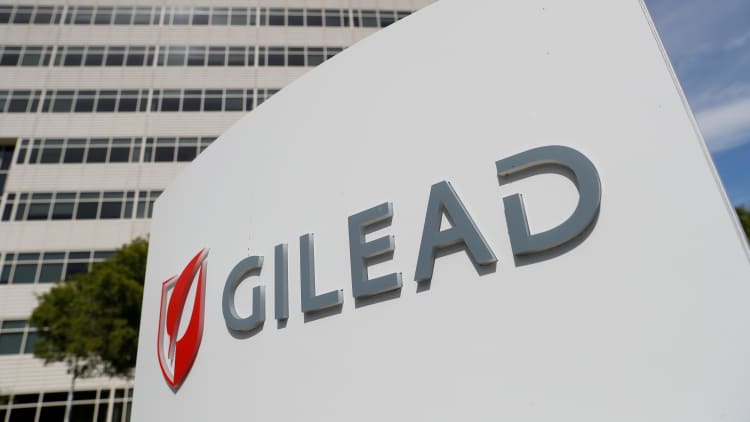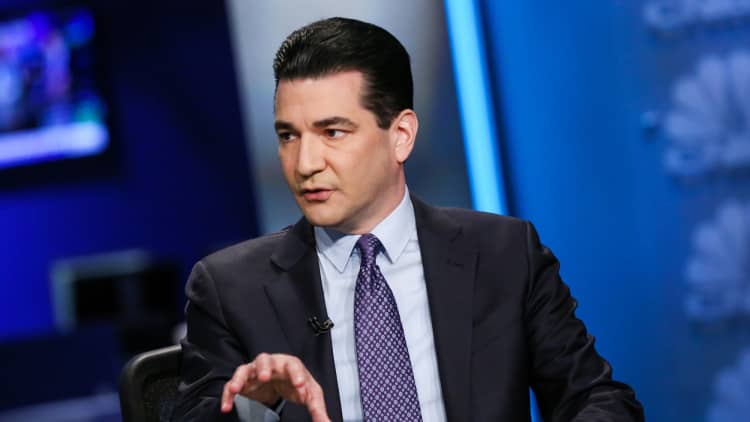
The influx of foreign nationals to the United States from areas impacted by the coronavirus means a large American outbreak is "increasingly likely," a scenario that could "rattle" markets, according to investment bank Jefferies.
Equity strategist Simon Powell wrote in a note to clients that although the number of new COVID-19 cases in China appears to be slowing, recent outbreaks in Italy, Iran and South Korea hint that the disease is capable of spreading to and within many locations.
"We increasingly find it hard to believe that USA cases are as low as reported, and believe that given the flow of Chinese, Korean and Iranian nationals into North America, a large USA community-based outbreak is increasingly likely," Powell said in a note Tuesday.
"Imagine trying to quarantine a large city in the USA for a month, similar to how the Chinese have shut down Wuhan, or the way the Italians are trying to ring-fence 10 towns near Milan," he added. "Our working hypothesis is that it wouldn't work, and could cause panic on a scale that would spook markets."
Markets around the world plunged Monday as fears about the contagion roiled investors after multiple countries reported a surge of cases over the weekend, stoking concerns about new infection footholds in Europe, Asia and the Middle East. Health officials said Monday that the total number of cases has surpassed 79,000 with more than 2,000 outside China and at least 2,704 confirmed deaths.
The reports of spreading infection sent the S&P 500 down 3.4% and the Dow Jones Industrial Average down more than 1,000 points on Monday. Each index notched its worst day since February 2018 as investors worried other nations could see the slowdowns in manufacturing, consumption and exports that have dogged China, the virus's epicenter.
Major U.S. stock indexes were down more than 1% Tuesday morning with the Dow down 315 points.
A spike in cases in the U.S., which has thus far remained resilient based on the number of reported cases, could take a hefty toll on markets, Powell wrote. How much any eventual outbreak hits markets, the analyst added, will depend on whether Washington decides that isolating an entire city via quarantine is a viable option.
"Our base case hypothesis is that a Trump government is unlikely to choose reduced economic activity, and supply chain disruption, so spread of the virus, if it were to emerge in the US, would be more likely," Powell wrote.

A surprise discovery of a coronavirus pocket could occur if U.S. diagnostics technology doesn't improve, according to former Food and Drug Administration Commissioner Scott Gottlieb.
"We could have spread here in the United States and not be detecting it at this point," Gottlieb, a board member at pharmaceutical giant Pfizer, told CNBC on Tuesday.
"We don't have a diagnostic test that works right now," he added. "South Korea's tested about 35,000 people to find their 900 cases. We've tested, cumulatively, about 500 people; our diagnostic capability probably isn't more than maybe 50 to 100 tests a day at best because all the tests need to be shipped to the CDC right now."
Jefferies doesn't project how exactly bad the sell-off could get, but does say this scenario would "significantly rattle markets."
— CNBC's Michael Bloom contributed reporting.
Subscribe to CNBC PRO for exclusive insights and analysis, and live business day programming from around the world.


